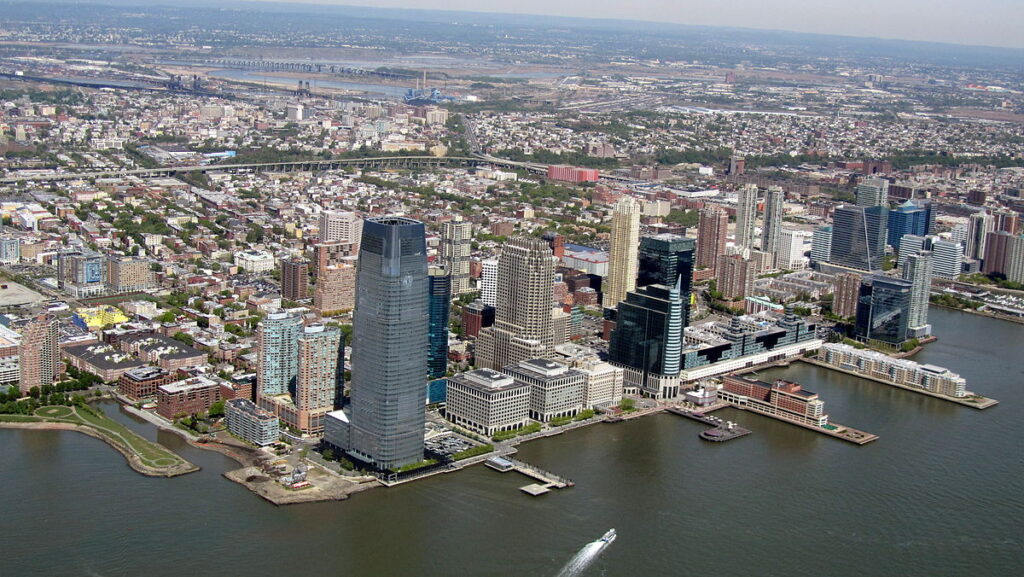
Moving to Jersey City, New Jersey: A Comprehensive Relocation Guide
Considering moving to Jersey City, New Jersey? Directly across the Hudson River from Manhattan, Jersey City is a dynamic urban center offering skyline views, cultural diversity, and a thriving job market. Here’s your 2025 relocation guide.
Demographic Profile to Consider If Moving to Jersey City:
Jersey City’s 2025 population is over 290,000 residents, making it New Jersey’s second-largest city. Its cultural mix, financial growth, and transit access have transformed it into one of the region’s trendiest destinations. Find trusted local services for moving, living, and working in Jersey City.Jersey City Relocation Directory
Cost of Living to Consider If Moving to Jersey City:
The median home price is around $650,000, and typical rent runs $2,300–$3,200. While higher than state averages, Jersey City offers significant savings compared to New York City.
Economy and Job Market:
Jersey City is a financial and technology hub. Employers include Goldman Sachs, JP Morgan, and Pershing, along with a growing startup ecosystem. Many residents commute to Manhattan via PATH trains or ferries.
Education:
The city offers extensive public, charter, and private schools. Nearby higher-ed options include New Jersey City University and Saint Peter’s University.
Recreation and Lifestyle:
Residents enjoy Liberty State Park, waterfront promenades, and a thriving arts scene. Restaurants and festivals celebrate the city’s global diversity, while Manhattan views enhance urban appeal.
Healthcare and Services:
RWJBarnabas Health and Jersey City Medical Center provide top-tier medical care throughout Hudson County.
Transportation:
PATH trains, ferries, and the Hudson-Bergen Light Rail connect Jersey City to NYC and nearby towns. Major highways and Newark Airport are minutes away.
Conclusion:
Relocating to Jersey City in 2025 offers urban energy, global culture, and fast access to Manhattan at more reasonable cost.

